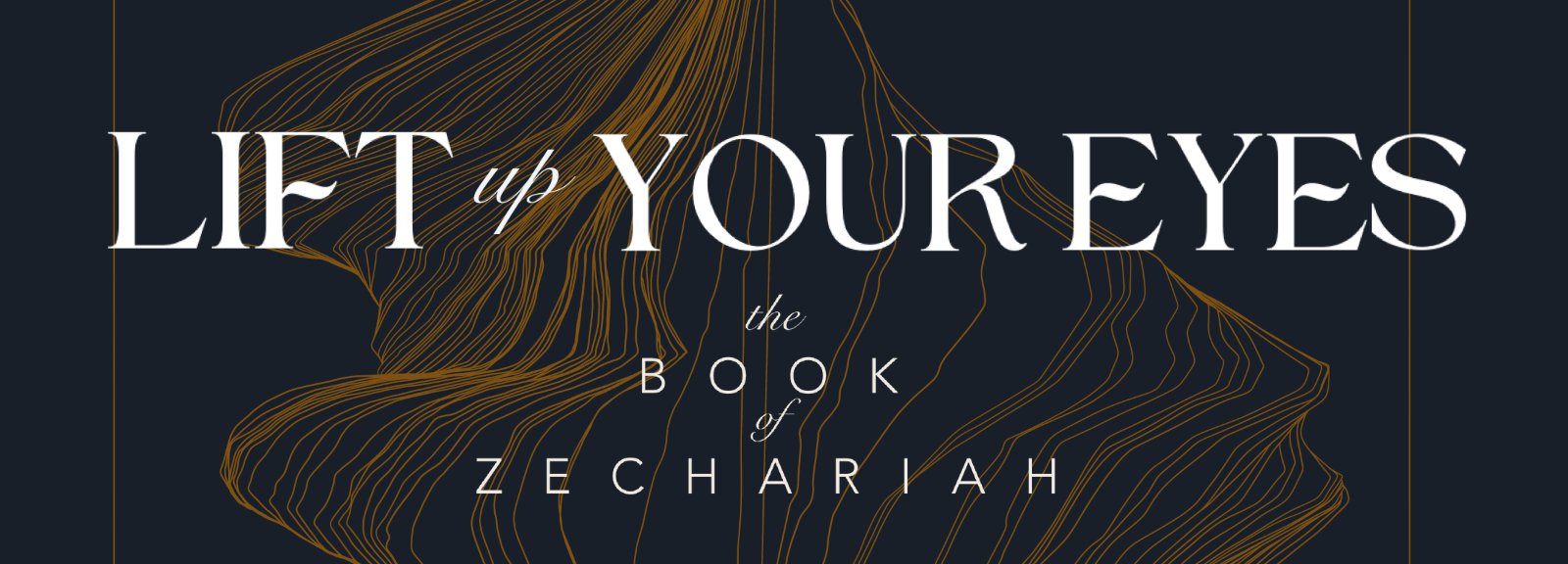Zechariah 1:1-6
February 11, 2024 • Brent Stephens • Zechariah 1:1–6
Scripture teaches that “for everything, there is a season, and a time for every matter under heaven” (Ecclesiastes 3:1). The book of Zechariah begins with a specific time stamp: “In the eighth month, in the second year of Darius” (Zechariah 1:1), which means the book dates back to October or November in the year 520 BC. During this time, God’s people, who had returned sixteen years earlier to the land He had given them, were still under Persian rule. Israel was in disrepair with broken-down walls. Just two months earlier, through the Word of the Lord given to the prophet Haggai, work on the temple had resumed (Haggai 1:8). God has already begun His movement towards His people, and now He is about to begin the movement of His people toward Himself. To do this, God raises up another prophet by the name of Zechariah, whose name means, “the Lord remembered.” Zechariah was a younger man who had been born during the exile and raised under Babylonian and Persian captivity. He was of the priestly line of Levi (Nehemiah 12:1-16). We learn in the New Testament from the mouth of Jesus that he was an innocent man who was “murdered between the temple and the altar” (Matthew 23:35). Zechariah was chosen and called by God to speak the Word of the Lord to God’s people at this divine time.





